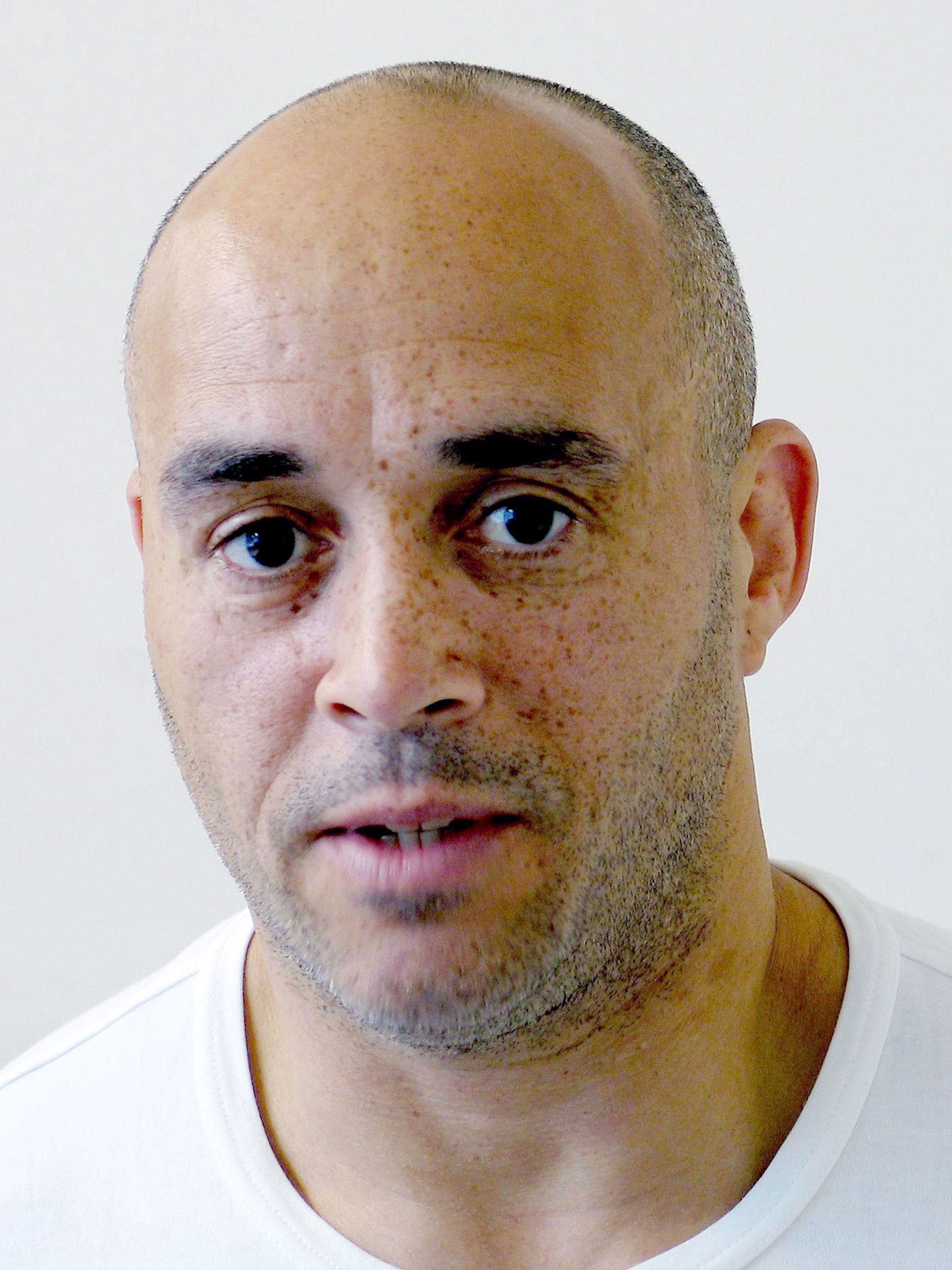Notorious drugs baron Curtis Warren freed – but faces ban on using phone boxes
Trafficker accepts court restrictions because he wants ‘a quiet life’

One of Britain’s most notorious drugs barons could be banned from using phone boxes as part of restrictions to prevent the relaunch of his multimillion-pound international smuggling operations on his release.
Curtis “Cocky” Warren, 50, could be freed as early as January after serving half of a 13-year term for trying to smuggle cannabis into Jersey as he fights attempts by authorities to seize hidden assets that once made him the only drugs smuggler to appear on The Sunday Times Rich List. Warren, from Liverpool, has spent most of the past two decades behind bars after building up a huge trafficking network in the early 1990s which is said to have netted him tens of millions of pounds.
But authorities at the High Court yesterday secured restrictions for when he is released that could include being allowed only one mobile phone, one bank account, and having to tell authorities whenever he wants to buy or sell anything for more than £1,000. He is likely to have to report to authorities every time he wants to leave Britain, although there is no restriction on his travel.
Warren had originally intended to fight the order but accepted the restrictions as he wanted to live a “quiet life” on his release, his barrister Anthony Barraclough said. Before he can be freed, Warren faces attempts by Jersey authorities to seize potentially more than £100m of gains from his drugs empire, which could see a further 10-year jail term imposed if he fails to pay up.
The moves are part of attempts to prevent Warren from returning to his status in the early 1990s when he walked free from court after being cleared of importing two lots of cocaine, the first worth £87m, the second of £150m. After the case collapsed, he reputedly told Customs officers: “I’m off to spend my £87m from the first shipment and you can’t touch me.”
He was finally convicted in Holland in 1997 for smuggling 400kg of cocaine, worth £75m, 100kg of heroin, 50kg of ecstasy and more than a tonne of cannabis. He was jailed for 13 years, but the sentence was extended after he killed another inmate and was convicted of manslaughter.
Warren was released in 2007 but watched by police as he made his way back to Britain. He was returned to custody within a few weeks after he was caught trying to set up a deal to send cannabis from Holland to Jersey. He was jailed for 13 years, but because of concerns of a prison break from Jersey, he is serving time at Category A Belmarsh Prison in London.
An investigation by the Dutch authorities in 1997 found that he owned property in Wales, Turkey and Spain and 200 houses in Liverpool. However, assets seized have been limited: in 1994 the authorities secured £3.6m obtained from the proceeds of his drugs smuggling, and nearly £3.5m remains outstanding from a £4.1m order imposed by Dutch authorities.
Technical difficulties meant that Warren failed to appear by videolink from prison for the High Court hearing when the Serious Crime Prevention Order was imposed. The exact terms are to be decided later this month.
The order, obtained by the Serious Organised Crime Agency, which is being scrapped next week, is one of about 90 currently in place; they usually involve financial and travel restrictions, but have also been used to limit communications, car and yacht ownership, and use of bureaux de change.
The Director of Public Prosecutions, Keir Starmer QC, said: “Curtis Warren has a long history of serious offending at home and abroad. By agreeing today to this order being imposed, he has admitted that he has been involved in serious criminality. There are very real grounds to believe that without this order being made, Curtis Warren would continue to be involved in serious crime. This order will severely curtail his ability to do so.”
